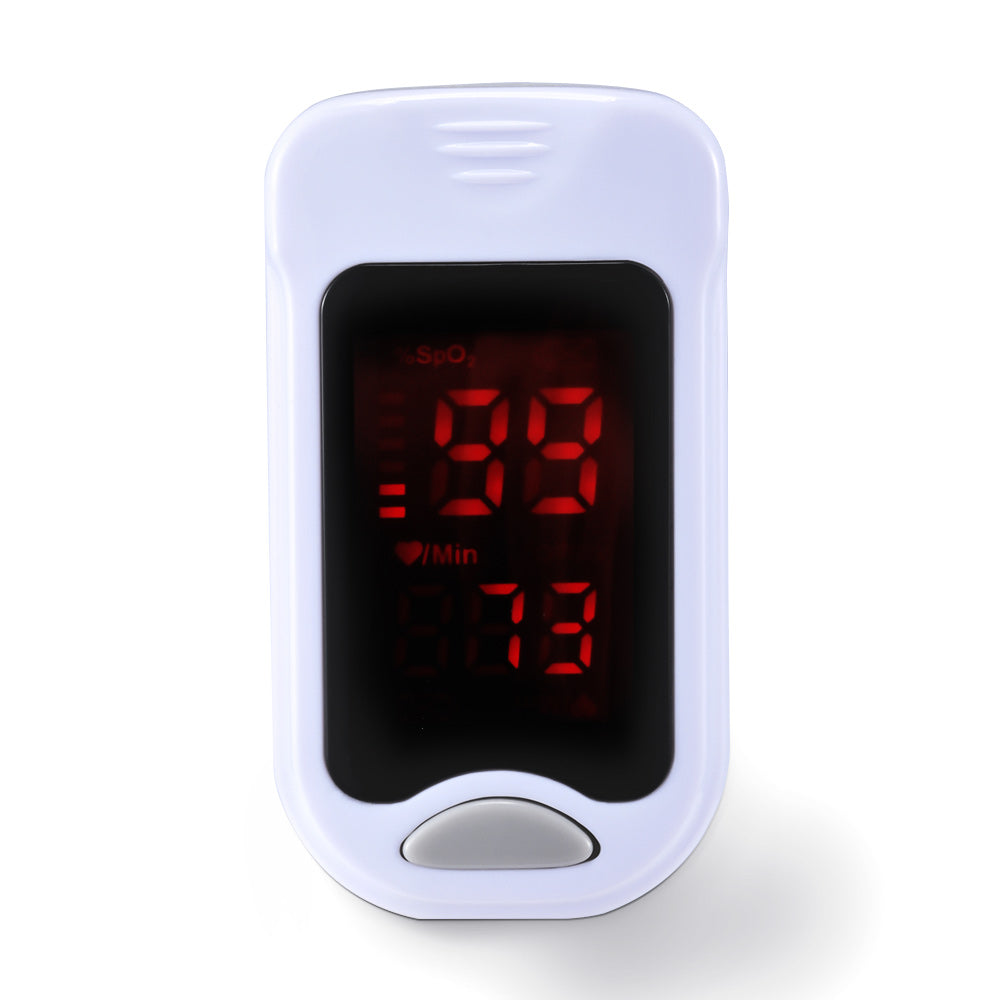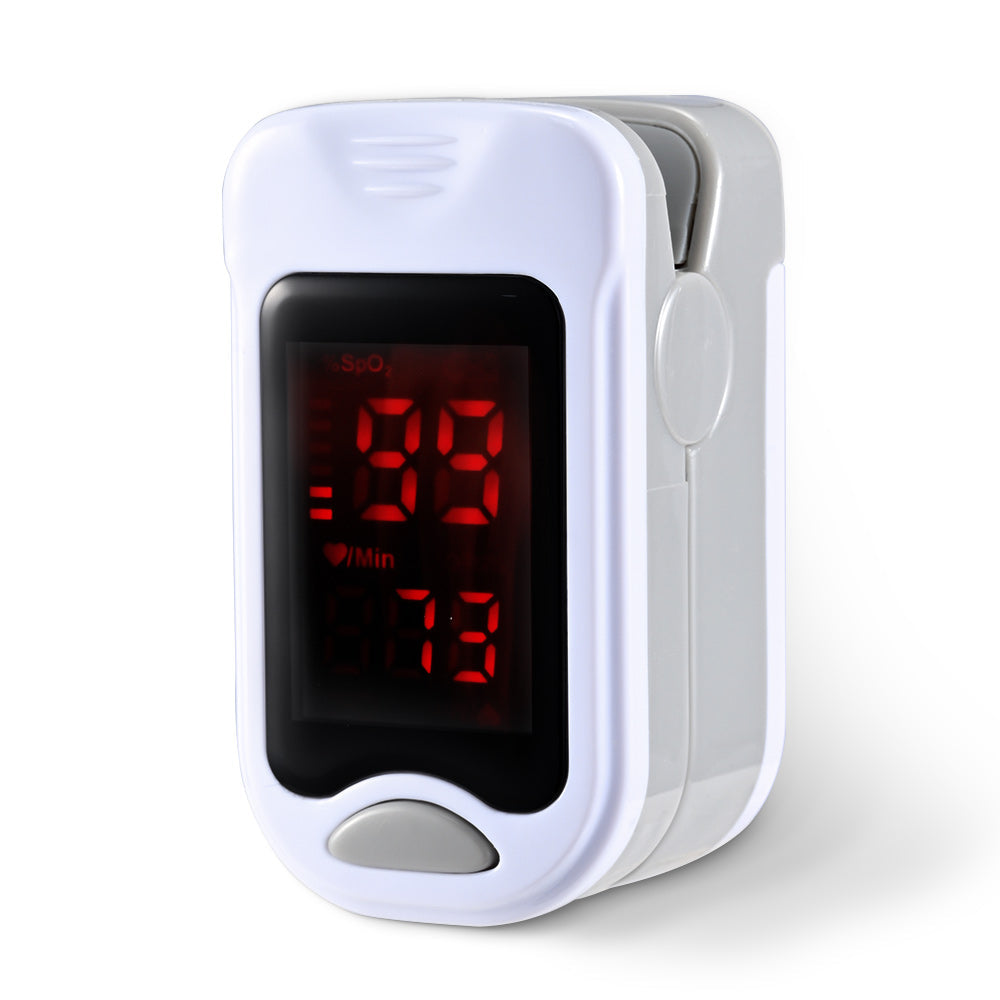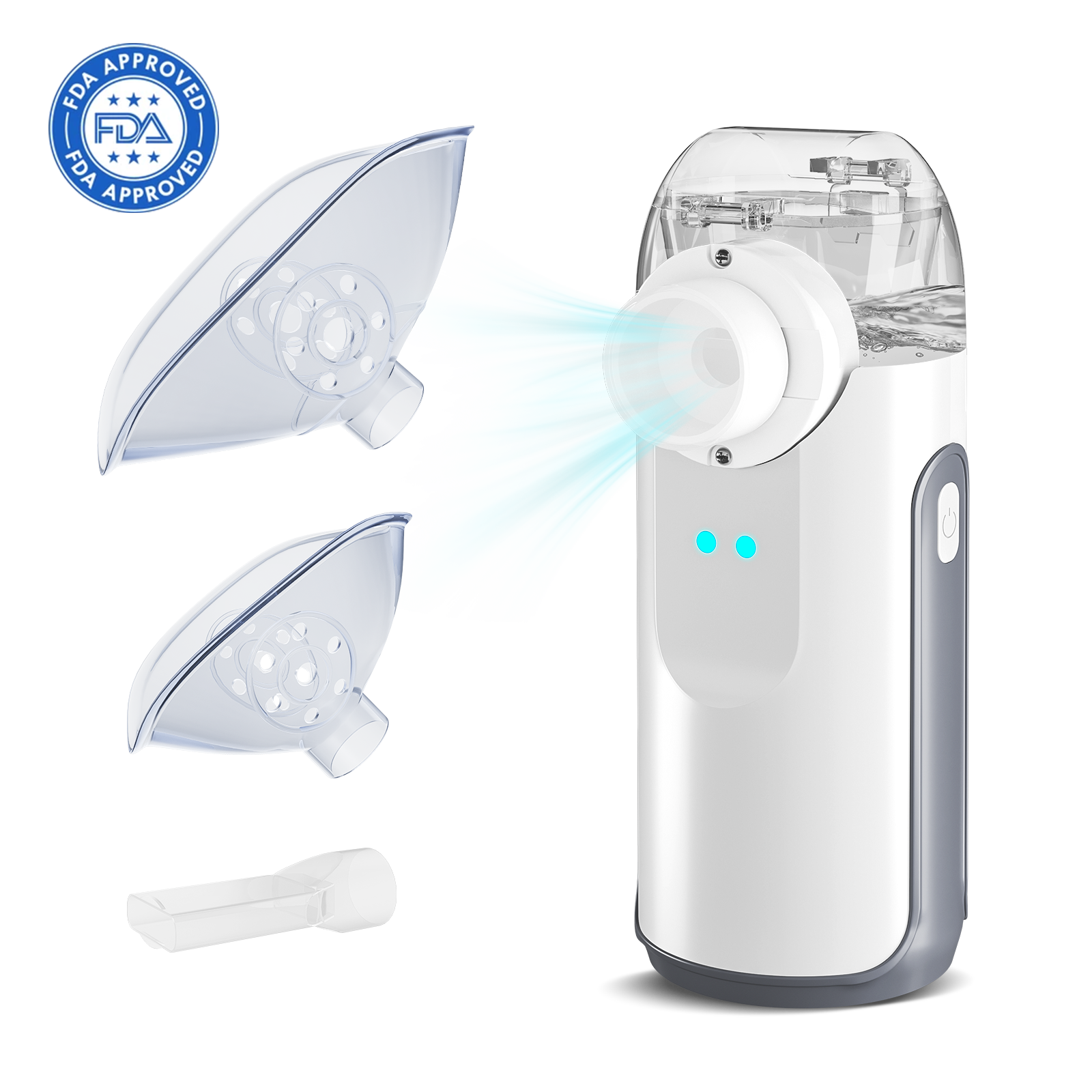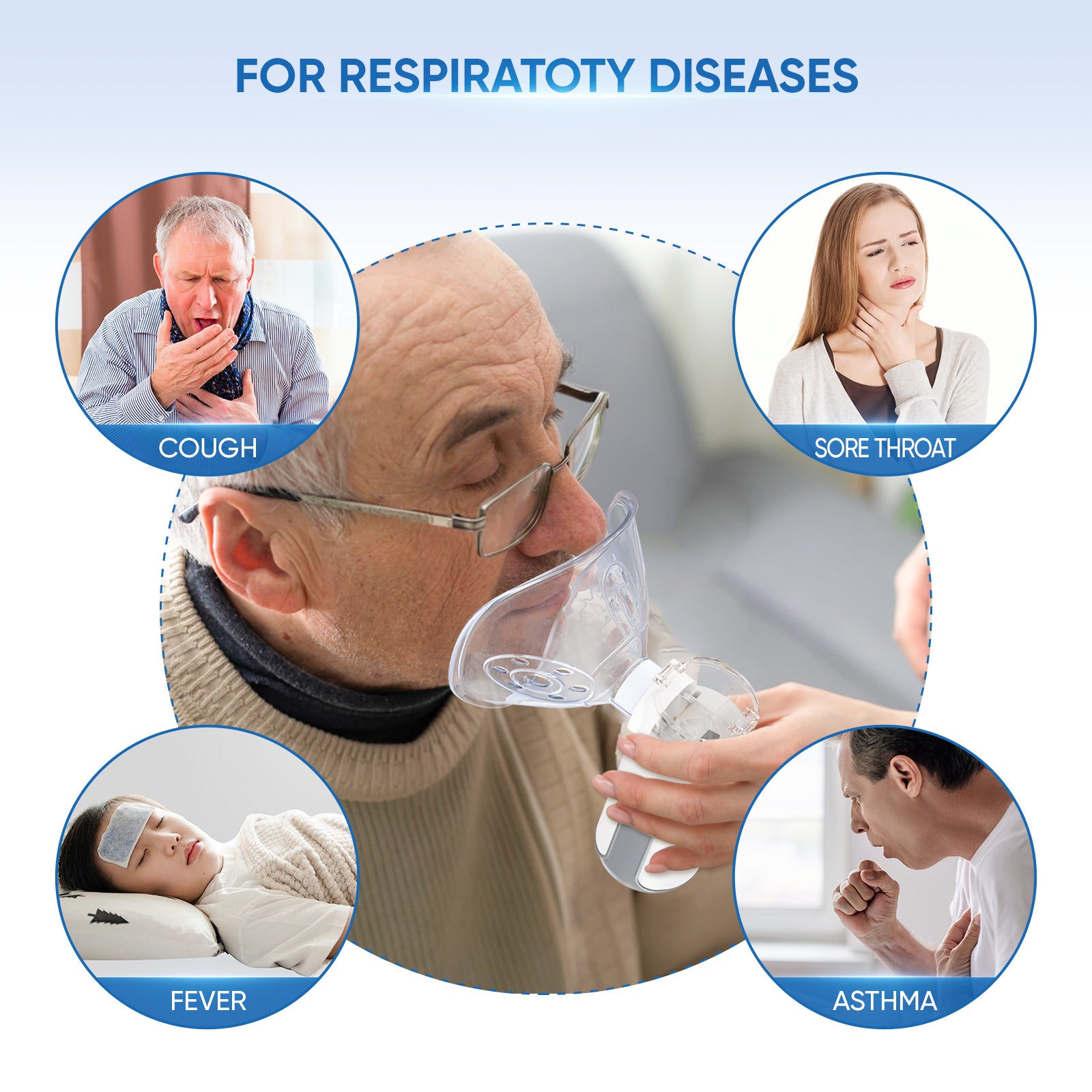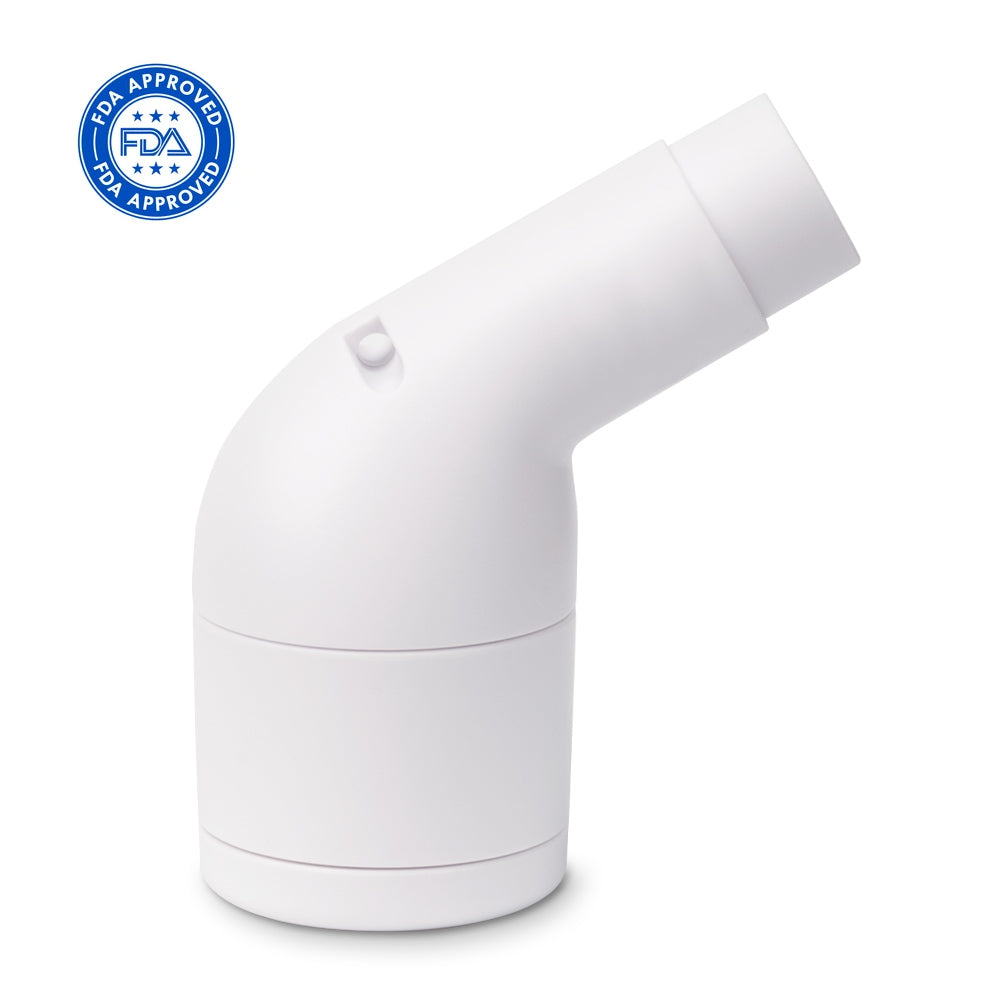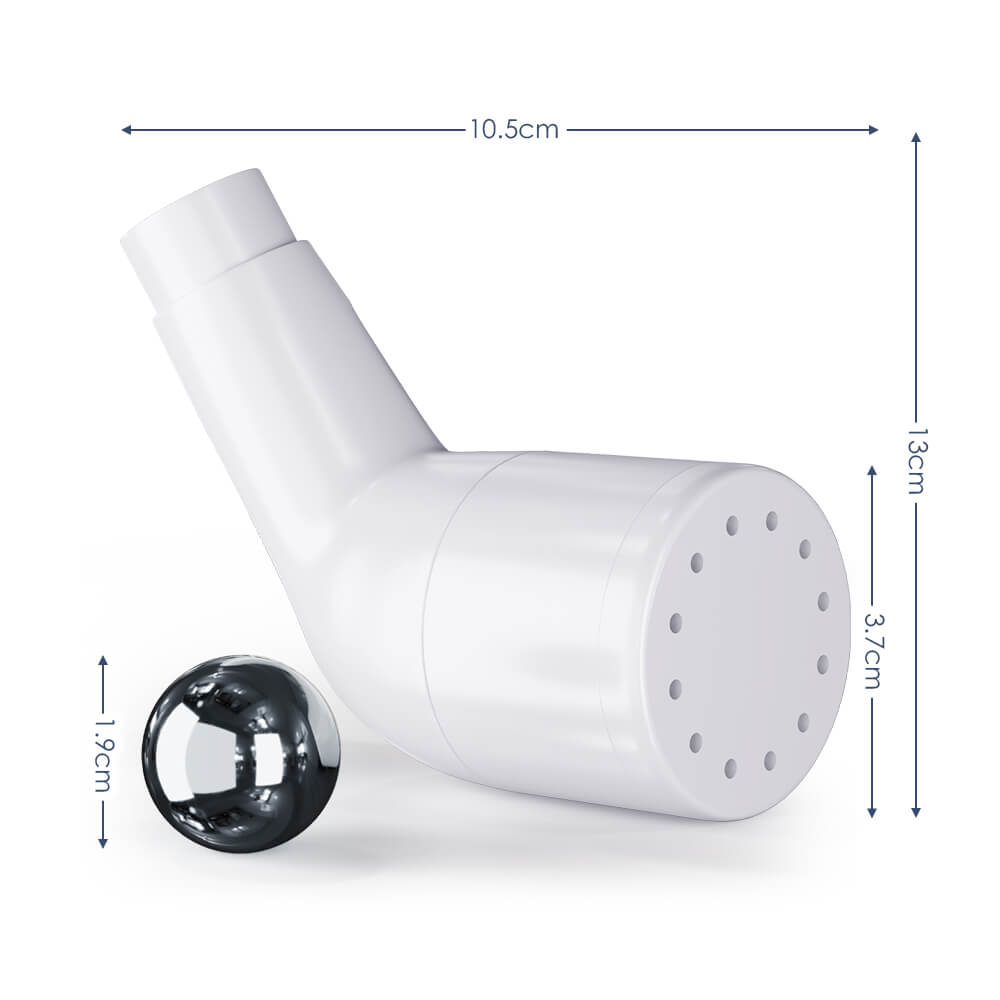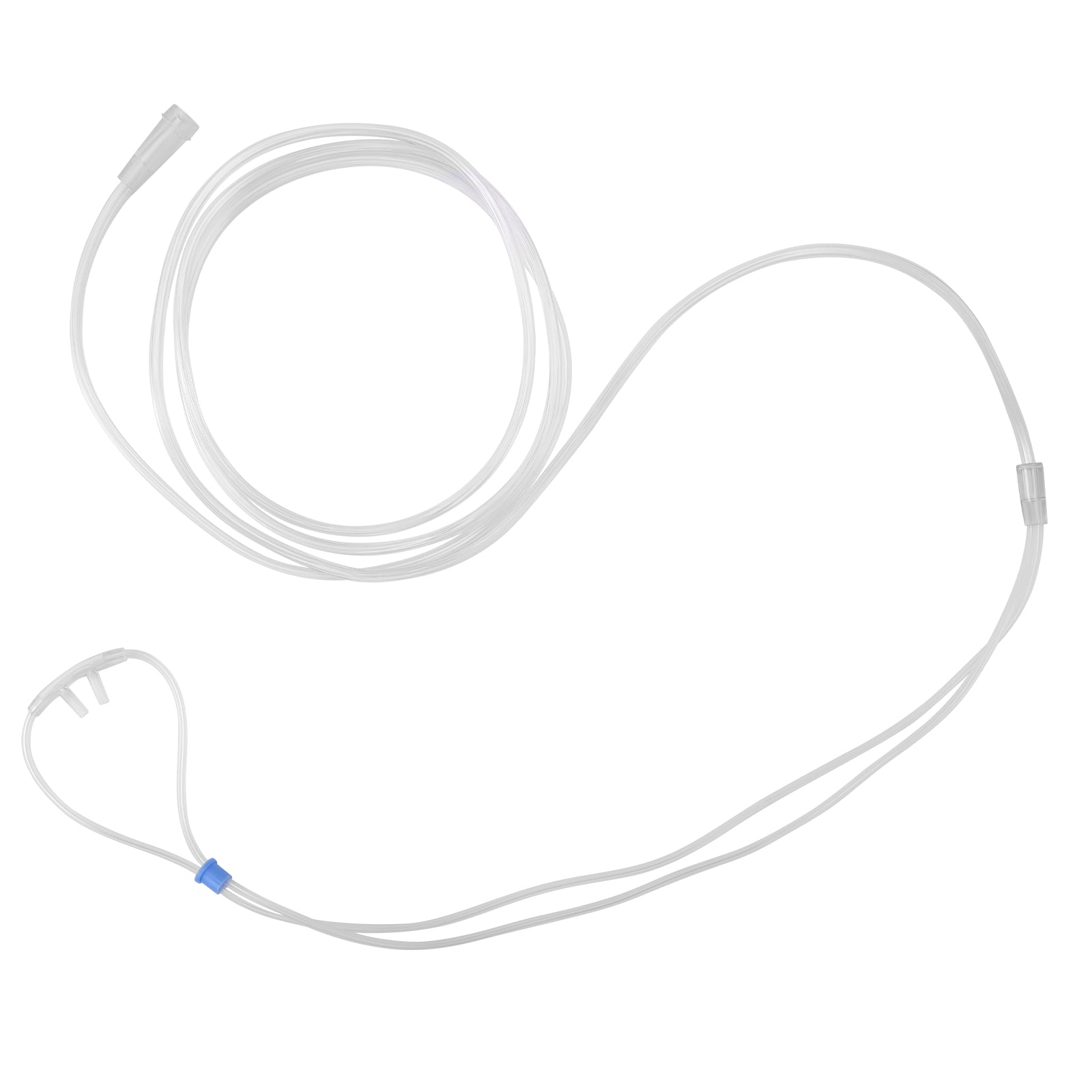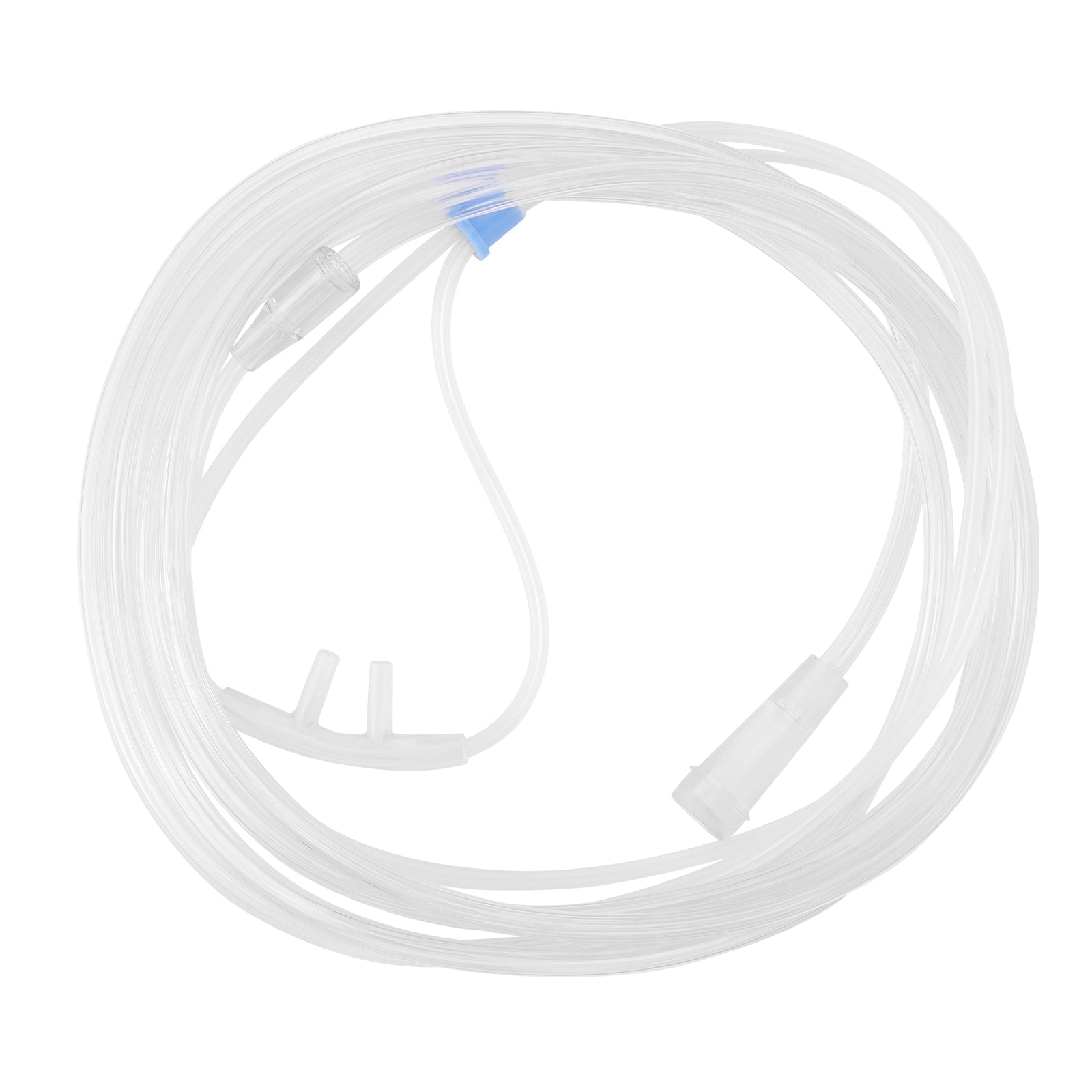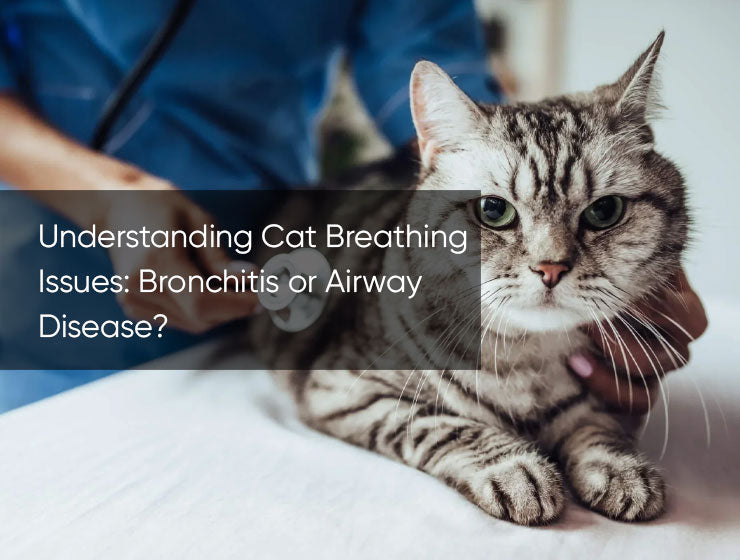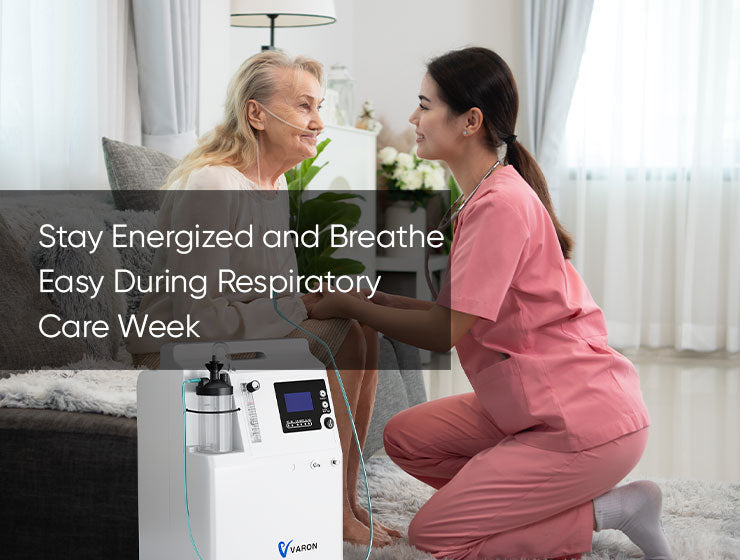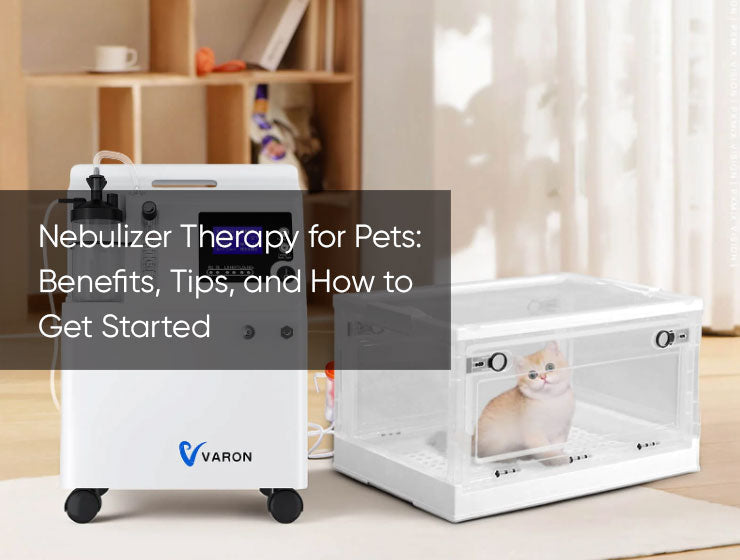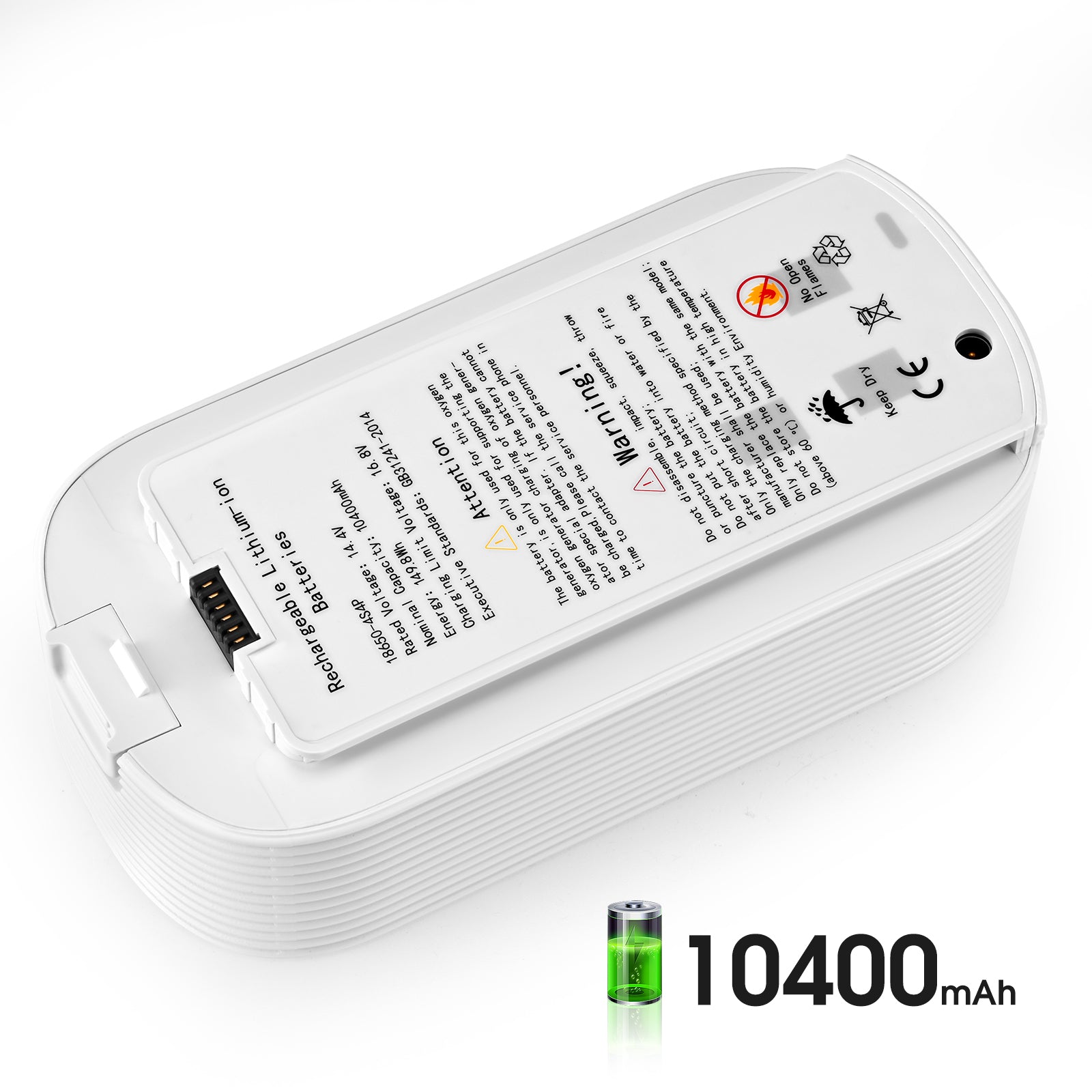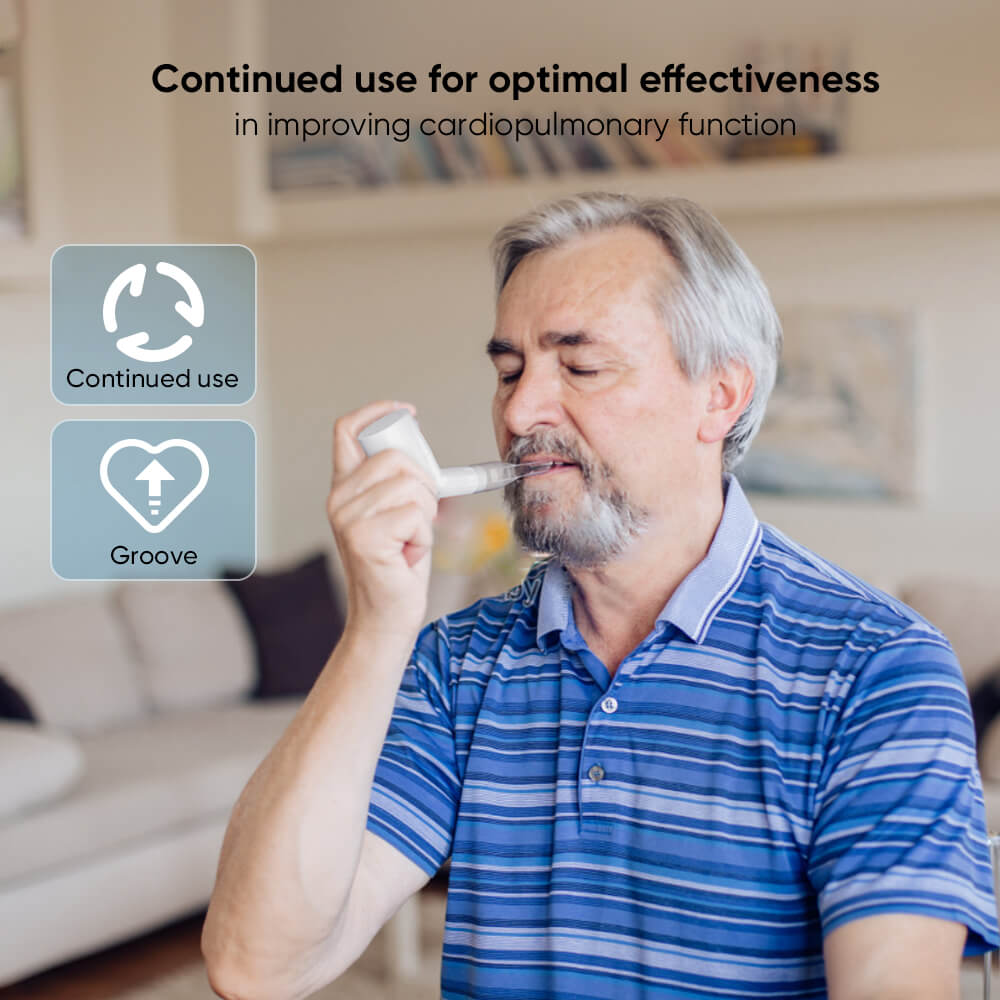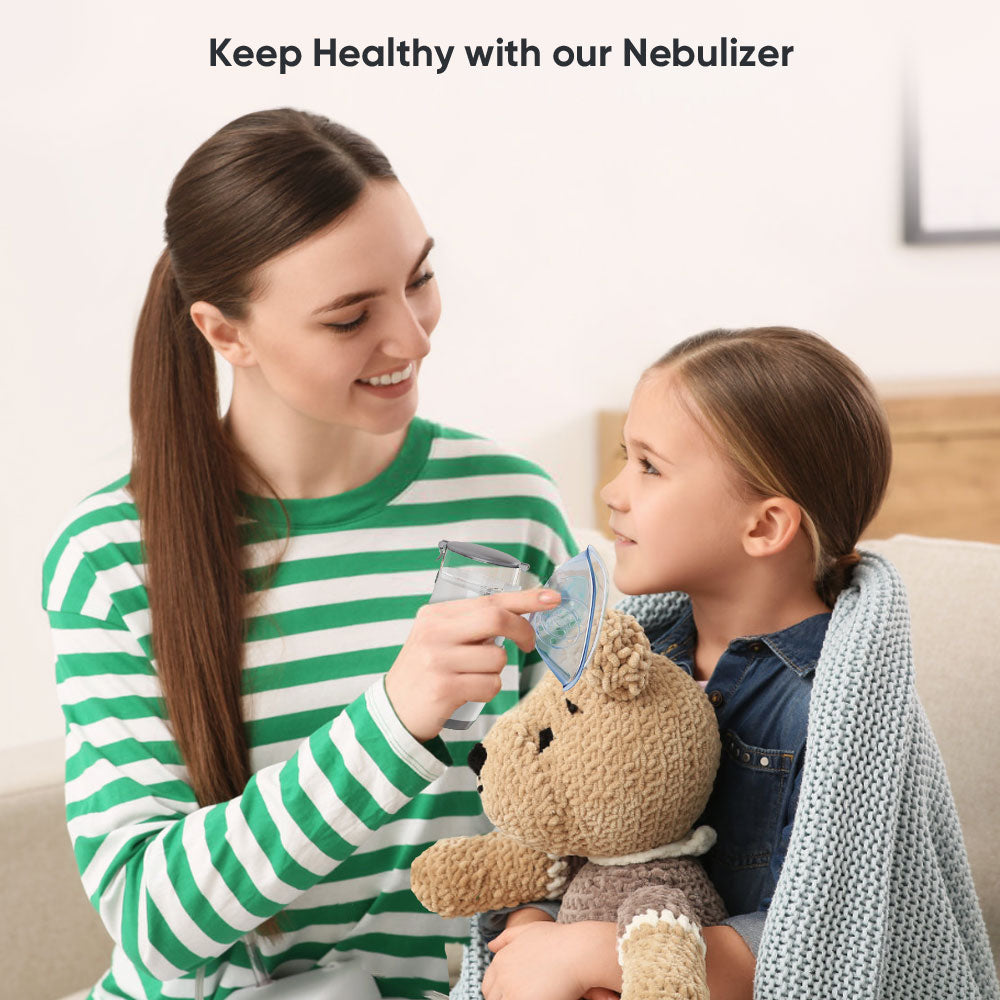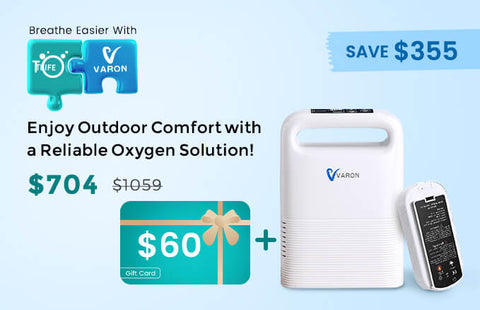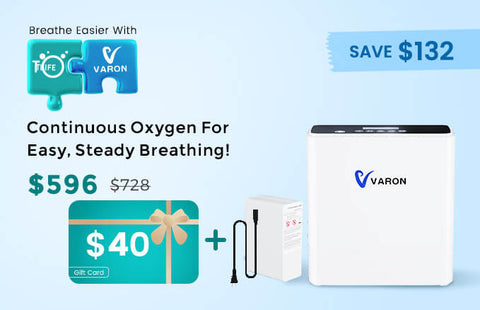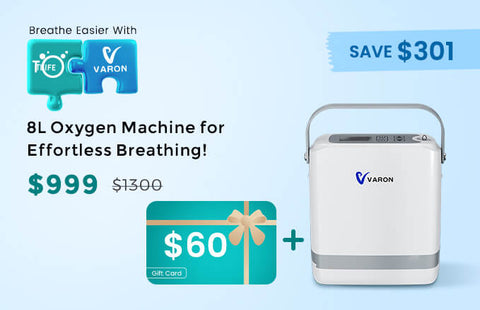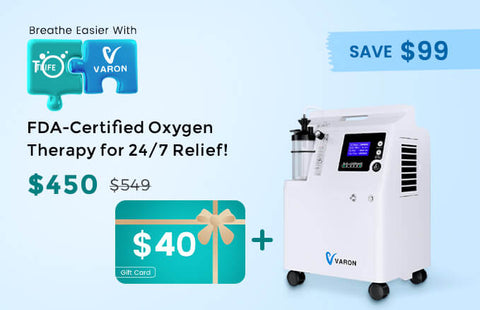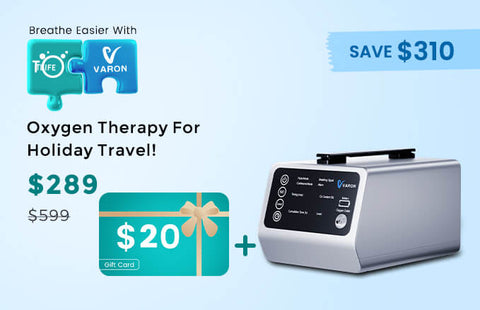When you have breathing-related complications, you need to take certain precautions when traveling. Knowing what to look out for before traveling can be very helpful in many situations. This article will help you understand the relevant information, please continue reading.
8 things people with COPD need to be aware of when traveling
1. Schedule a checkup
Before embarking on a journey, people with COPD must consult with a healthcare provider to discuss possible risk factors. Aspects of consultation include travel safety, whether the travel destination affects oxygen demand, travel time after surgery, etc.
2. Bring your medical records.
You can ask your healthcare provider to provide you with a copy of your medical records and a letter stating your fitness to travel. Medical records should include your supplemental oxygen prescription and current medications. This is a necessary preparation in order to cope with various emergencies.
3. Traveling with oxygen
If you're flying to a destination of your choice, the cabin pressure of the plane can cause problems for someone with COPD. Flying at high altitudes can cause hypoxemia (or low levels of oxygen in the blood) and trigger other respiratory complications. In order to avoid risk factors, people with COPD can choose a suitable portable oxygen concentrator according to their needs.
4. Stock up on medicines and supplies
Depending on where you are going, sometimes you can only be sure that the medications you need for COPD are available somewhere. Take extra and put it in a properly labeled container to prevent misuse.
If using an inhaler, it should be in the original container, including the prescription label. It should be carried with you in case your luggage is lost or delayed.
5. Contact the medical institution at your destination
When traveling to an unfamiliar destination, it is a good idea to learn from your healthcare provider about reliable local hospitals for any crisis situation.
6. View the Insurance Policy
Many things can happen while traveling, such as losing medicines. You can learn about insurance policies first, some insurance policies cover their refills in another country or state.
7. Contact the airline in advance
If you're planning to travel by air, be sure to contact the airline before booking to ask about the oxygen support they provide on board and whether they allow portable oxygen concentrators. Some airlines do not allow personal portable oxygen concentrator and instead provide their own devices on board.
You can also request a seat with access to an electrical outlet if someone with COPD has to charge their machine during the flight.
8. Create a checklist
Before you travel, you should keep a checklist of everything you need. This list should include medications, medical equipment, and healthcare provider contact information.


